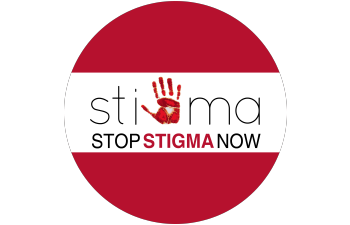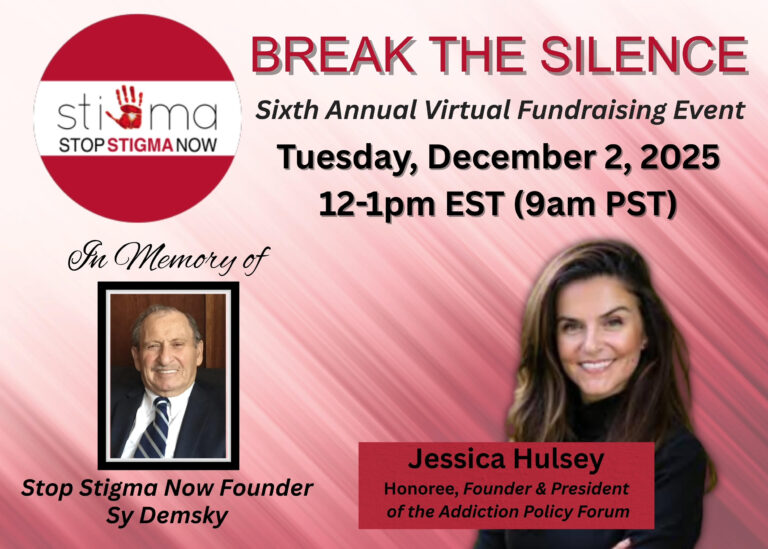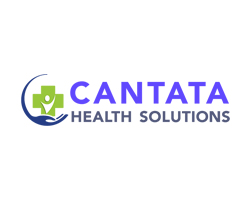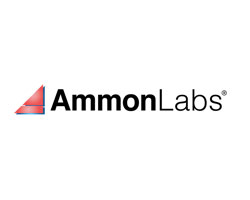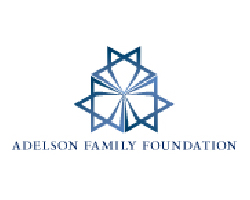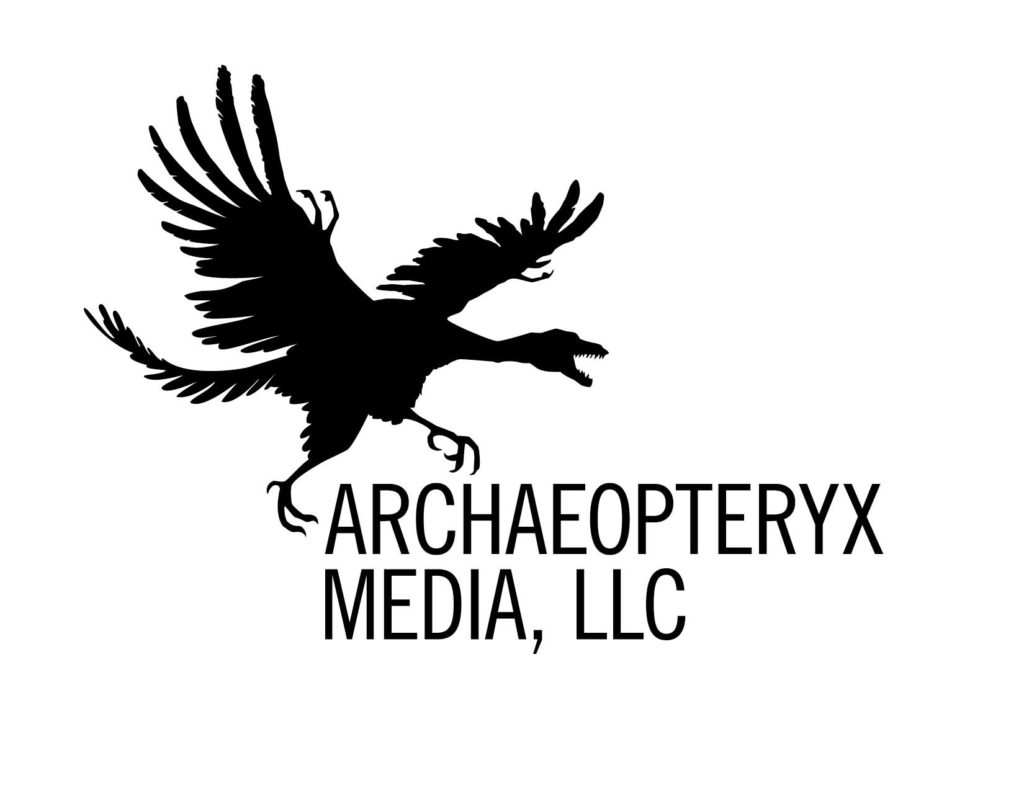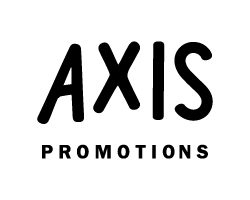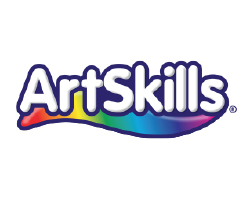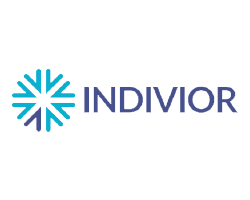We must stop withholding our only life-saving treatment – the only treatment that reduces opioid overdose deaths: medication treatment.
We must – finally – start ensuring access to effective treatment for opioid addiction and overdose prevention.
Tragically, ineffective treatment is the norm; it is all that most U.S. residential treatment programs offer for opioid use disorder (OUD): that is, psychosocial treatment only, without maintenance OUD medication (Beetham 2020) (Huhn 2020). Also, discrimination by recovery services against people in need of maintenance OUD medication is a significant problem (LAC 2022).
OUD is unique among substance use disorders in that medications are the primary effective treatment for the great majority of those affected. Methadone and buprenorphine are the most effective treatments for most people with moderate to severe OUD, combined wherever possible with psychosocial treatment and recovery support. Injectable naltrexone also has an important role.
Isolated psychosocial treatments (counseling, groups and/or related services by licensed professionals), when provided without medication, have been shown to be ineffective – on their own – for OUD. (Although they may be appropriate on their own for those with mild or recent onset OUD, or for those who are informed of and offered medication treatment but decline).
When combined with medication treatment, the evidence on the effect of counseling or psychotherapy on abstinence rates or retention in treatment is mixed, and many studies have shown a lack of added benefit, compared to medication alone. However, methadone or buprenorphine treatment without concomitant counseling is known to be vastly superior to counseling alone. This was reiterated in a 2021 review published by Dr. Nora Volkow, Director of the National Institute of Drug Abuse (Volkow & Blanco 2021).
According to the National Institute of Drug Abuse, “Decades of research have shown beyond doubt the overwhelming benefit of medication for opioid use disorder (or MOUD). The full opioid agonist methadone (in use for half a century) and the partial agonist buprenorphine (approved two decades ago) have proven to be life-savers, keeping patients from illicitly using opioids, enabling them to live healthy and successful lives, and facilitating recovery. [Injectable] naltrexone … is also effective for patients who do not want to use agonist medications and are able to undergo initial detoxification under medical supervision. The efficacy of MOUD has been supported in clinical trial after clinical trial, and MOUD is now considered the standard of care in treatment of OUD, whether or not it is accompanied by some form of behavioral therapy. Yet even now, only half of addiction treatment facilities offer any FDA-approved medications. . . And while recovery supports like 12-step groups can be a useful adjunct to treatment, many continue to discourage participants from taking medication—a legacy of decades of misconception that medication substitutes one addiction for another.” (NIDA 2022).
Psychosocial interventions are an important part of comprehensive treatment for OUD for all patients, including those with co-occurring mental health symptoms, vocational, residential or social instability, and should be readily available, offered and encouraged.
However, for those unwilling or unable to participate, psychosocial treatments should not be a condition of medication treatment for OUD according to the World Health Organization (WHO 2009), the American Society of Addiction Medicine, (ASAM 2020) the National Academies of Sciences, Engineering, and Medicine (NASEM 2019) and the Substance Abuse and Mental Health Services Administration (SAMHSA 2022) because the barrier created by required comprehensive treatment can be insurmountable for many individuals.
This ‘medication-first’ approach (which is not ‘medication-only’), when needed or preferred by those seeking treatment, is especially helpful for those who are ambivalent or unlikely to initiate treatment or who discontinue treatment prematurely (i.e., the majority of individuals with OUD). This approach reduces the immense barriers to treatment that exclude many or most with OUD. A medication-first approach reduces harms, saves lives, and often leads to comprehensive treatment with psychosocial interventions as people become more stable on medication over time.
Low rates of participation and retention in treatment are due in large part to misunderstanding about the medications, i.e., ‘medication stigma,’ which also includes discrimination against the people themselves who are on these medications or in need of them. This even occurs in settings that treat OUD with medication if there are attitudes that it should only be short-term.
Medication stigma also contributes to the widespread use of ineffective OUD treatments, and is likely to be one of the reasons we have failed to control the overdose epidemic. Unfortunately, patients and their families commonly believe that recovery does not begin until they are off of medication, or that medication is “trading one addiction for another.” (“addiction” is the wrong word for medication treatment). In reality, methadone, buprenorphine or injectable naltrexone are often needed for a number of years, or indefinitely, and can allow people to feel and function normally in society.
Medication stigma is related to the fact that methadone and buprenorphine are themselves opioids. However, they act very differently than illicit opioids or opioids prescribed for pain due to their markedly prolonged half-life and very slow delivery to the brain. This makes them essentially non-addicting, since substance ‘addiction’ is defined as a loss of control of use of a substance in spite of serious harms. These medications do not cause people to feel “high” unless misused (e.g., injected) or combined with other drugs or alcohol. However, like all opioids they do cause physical dependence, which is not the same as addiction. Their effect is akin to the nicotine in a nicotine patch which is also absorbed slowly, with effects very different than nicotine smoked in the form of tobacco.
Please consider supporting SSN with a donation of any amount, or become a member as an individual or agency. We are volunteer-run and depend on individual contributions to continue our work.
Stop Stigma Now is an independent 501c3 nonprofit organization.
REFERENCES:
ASAM: The ASAM National Practice Guideline for the Treatment of Opioid Use Disorder, updated 2020
free: www.asam.org/Quality-Science/quality/2020-national-practice-guideline.
(Excerpt: “because of the potential harm associated with untreated opioid use disorder, a patient’s decision to decline psychosocial treatment or the absence of available psychosocial treatment should not preclude or delay pharmacological treatment of opioid use disorder, with appropriate medication management.)
Beetham T,et al. Therapies Offered at Residential Addiction Treatment Programs in the United States.
Research Letter August 25, 2020. JAMA. 2020; 324(8):804-806
free: https://jamanetwork.com/journals/jama/fullarticle/2769709
Huhn, AS et al. Differences in Availability and Use of Medications for Opioid Use Disorder in Residential
Treatment Settings in the United States JAMA Netw Open. Feb 7,2020; 3(2):e1920843.
free: https://jamanetwork.com/journals/jamanetworkopen/fullarticle/2760443
LAC: Legal Action Center. Opioid Use Disorder & Health Care: Recovery Residences
People who take medication for opioid use disorder (MOUD), like methadone or buprenorphine,
often experience illegal barriers to healthcare. (posted in 2022)
free: https://www.lac.org/assets/files/Recovery-Home-MOUD-Info-Sheet-Feb-2022.pdf
NASEM: Medications for opioid use disorder save lives. National Academies of Sciences, Engineering, and Medicine. 2019. Washington, DC: The National Academies Press. doi: https://doi.org/10.17226/25310.
(excerpt: Lack of availability or utilization of behavioral interventions is not a sufficient justification to withhold medications to treat opioid use disorder).
NIDA: Five Areas Where “More Research” Isn’t Needed to Curb the Overdose Crisis. August 31, 2022 By Dr. Nora Volkow
https://nida.nih.gov/about-nida/noras-blog/2022/08/five-areas-where-more-research-isnt-needed-to-curb-overdose-crisis (accessed 12-20-2022)
SAMHSA:
Notice of Proposed Rulemaking on 42 CFR Part 8
SAMHSA Substance Abuse and Mental Health Services Administration.
Federal Register December 2022
https://www.govinfo.gov/content/pkg/FR-2022-12-16/pdf/2022-27193.pdf
Excerpt: ” Patient refusal of counseling shall not preclude them from receiving MOUD”
Volkow, ND & Blanco, C. The Changing Opioid Crisis: development, challenges and opportunities
Mol Psychiatry. 2021 January ; 26(1): 218–233.
free: https://www.ncbi.nlm.nih.gov/pmc/articles/PMC7398847/
WHO Guidelines for the Psychosocially Assisted Pharmacological Treatment of Opioid Dependence.
WHO Press, World Health Organization, Geneva, Switzerland. 2009, World Health Organization
free: https://www.who.int/substance_abuse/publications/Opioid_dependence_guidelines.pdf
(excerpt: “Psychosocial services should be made available to all patients, although those who do not take up the offer should not be denied effective pharmacological treatment.”)
by Joseph A. Adams, MD, FASAM, for Stop Stigma Now
